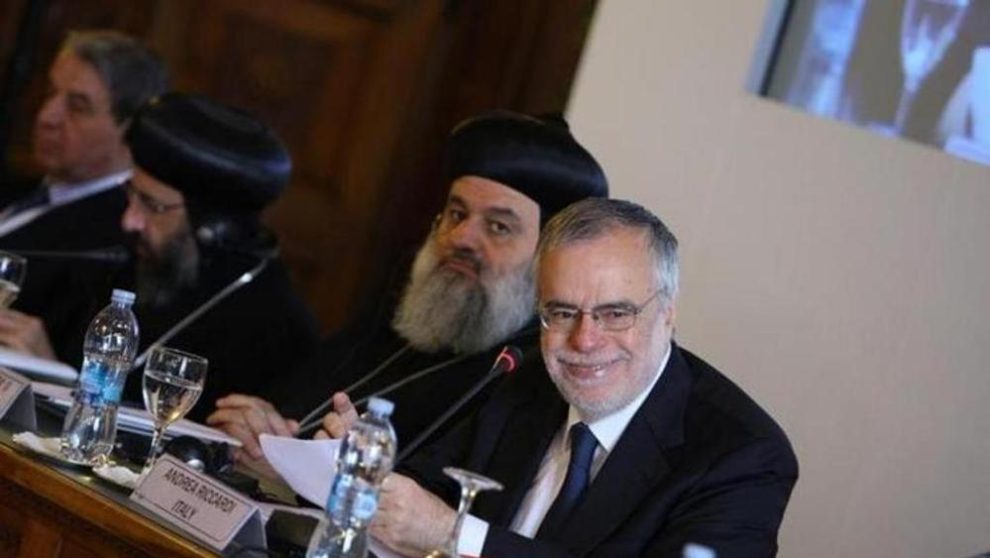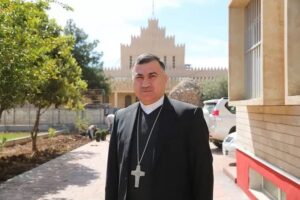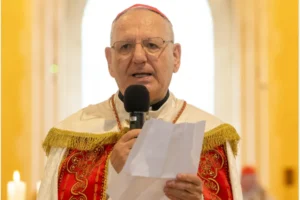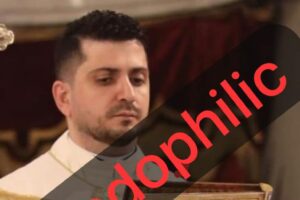andrea tornielli
vatican city
“The Russian Orthodox Church is still attached to a sense of imperial grandeur and is not backing the universal mission advocated by Bartholomew.” Professor Andrea Riccardi, a Church historian and founder of the Community of Sant’Egidio, has been cultivating good relations with the Orthodox world for decades. In this interview with Vatican Insider, Riccardi comments on the decision taken by the Holy Synod of the Russian Orthodox Church on the evening of 13 June, asking for a postponement of the pan-Orthodox Council which is due to open in Crete on 19 June. If it is not deferred, the Russian Church has said it will not take part in the assembly, adopting the same position as the Orthodox Churches of Antioch, Bulgaria and Georgia.
Professor, what does the decision of the Russian Orthodox Church represent?
“Right now it represents the failure of the plan of a pan-Orthodox Council. The decision expresses and illustrates the fragmentation of the Orthodox Churches, which are confined within their national borders. On the contrary, the great dream of the ecumenical Patriarch of Constantinople has always been to steer Orthodoxy away from traditionalism and nationalism, in order to say and announce something to the world. It would have been enough if the pan-Orthodox Council had gone ahead, regardless of the outcome, as it would have been an important sign for all Christians and the world as a whole.”
What is causing this plan to fail?
“Personally, I do not think that this failure is entirely down to Russia’s move. Instead, I think that at the end of the day, the Russian Orthodox Church did not strive to make the pan-Orthodox Council a success. Let me explain: it is one thing to suppose that the divisions, fresh doubts and recriminations that led some Orthodox Churches to ask for the Council’s deferral, were in some way “provoked” by the Russians. I do not believe this is the case. Partly because, if they had really wanted to make the Council flop, they would have had the opportunity to do this in the preparatory phase. It is quite another thing to witness that in light of the first problems and defections, the Russian Orthodox Church did nothing to prevent or resolve them. And this is what I think happened, partly because of the existing divisions in the Russian Orthodox Church itself.”
In other words, what you are saying is: they didn’t do anything to make it fail but they also didn’t do anything to ensure its success…
“Exactly. Moscow decided to take no notice, thus demonstrating that it has little interest in the Council. It showed that it does not feel the need for that universal dimension Bartholomew is pursuing, despite the weakness of the Patriarchate of Constantinople, a weakness which in fact shows its strength. Bartholomew wants to relaunch the Orthodox mission in the world, taking stock of the world’s problems and portraying the image of a united Church. The Russian vision, however, is restricted within the confines of imperialism, within the confines of their great country. Meanwhile, by withdrawing their participation at the last minute, the other Churches risk turning into nationalist and traditionalist minorities in countries facing a demographic crisis, where Protestant Christian groups are on the rise. Orthodoxy is currently facing a deep crisis.”
What will happen next?
“We will have to wait and see what the next steps are and what will be said from 19 June onwards when the 10 Churches that are following the common mission will meet in Crete. There are many questions. What appeal can the Orthodox Church have in today’s world? Can the Orthodox Churches with their strong national identities go on surviving as if history did not exist?
http://www.lastampa.it/2016/06/13/vaticaninsider/eng/inquiries-and-interviews/here-is-why-the-russian-church-is-not-attending-the-council-in-crete-pCcpC3cilDWmhbrj9r1KBL/pagina.html















